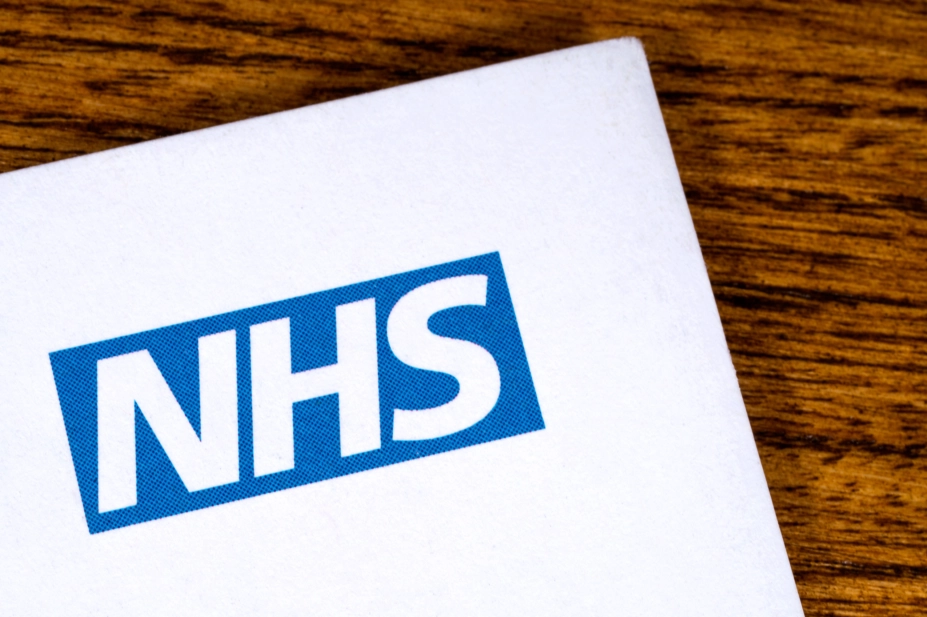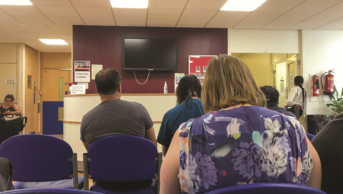
Shutterstock.com
Networks of GP surgeries could receive financial incentives generated by employed pharmacists under a new long-term plan for the NHS.
‘The NHS Long-Term Plan’, published on 7 January 2019, revealed proposals to invest £4.5bn in attaching “expanded” multidisciplinary teams to “primary care networks” of neighbouring GP surgeries.
The networks, which are already running in parts of the country, cover 30,000–50,000 patients and will each employ a team of pharmacists, nurses, GPs and other healthcare professionals.
Under the ten-year plan, the networks would be able to take part in a “shared savings scheme” which would allow them to keep some of the savings made by medication reviews carried out by pharmacists.
Pharmacists will be expected to “undertake a range of medicine reviews, including educating patients on the correct use of inhalers” and support the “uptake of new smart inhalers”, the plan says.
According to the plan, pharmacists within the networks will be supported to “find and treat people with high-risk conditions”, such as high blood pressure, through NHS Health Check — a service offered to adults in England aged 40–74 years.
The plan has added that part of the funding for primary care networks “will be used to substantially expand the number of clinical pharmacists”.
The government has also pledged “to make greater use of community pharmacists’ skills and opportunities to engage patients, while also exploring further efficiencies through reform of reimbursement and wider supply arrangements”.
The document also revealed that from 2019, the NHS 111 phone service will refer patients on to community pharmacies where necessary across the country.
This would be part of an expansion of the Digital Minor Illness Referral Service, which is currently being piloted in the North East, Devon, East Midlands and London until 31 March 2019.
The NHS strategy also commits to offering NHS-funded smoking cessation services to all smokers admitted to hospital by 2023/2024 following a successful pilot in Manchester.

